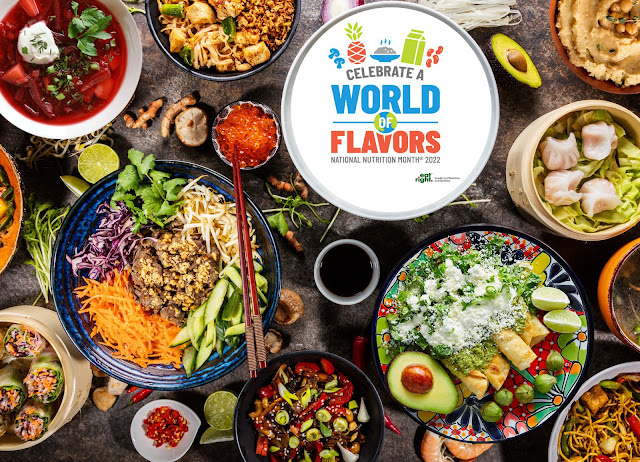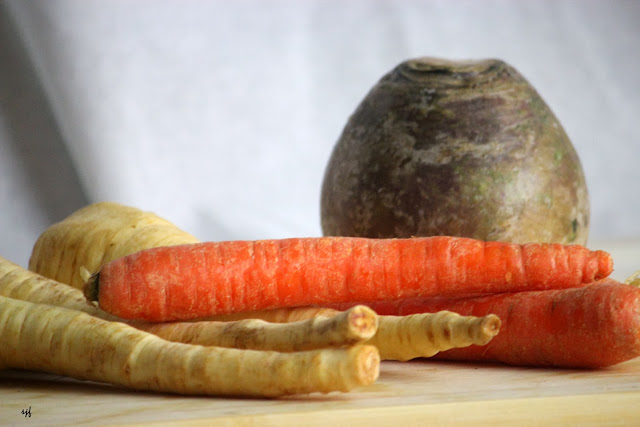Pumpkin pie is a traditional dessert regularly served at Thanksgiving and Christmas in the United States and Canada. The pumpkin is a symbol of harvest time. The pie consists of a pumpkin-based custard baked in a single pie shell. The pie is generally flavored with nutmeg, cinnamon, cloves, and ginger.
Pumpkin Pie
Yield: 12 servings
Ingredients
Crust
3/4 cup whole-wheat pastry flour (see Note)
3/4 cup all-purpose flour
1 tablespoon sugar
1/4 teaspoon salt
2 tablespoons unsalted butter
3 tablespoons canola oil
3 tablespoons ice water
Filling
1 15-ounce can unseasoned pumpkin puree
1 teaspoon ground cinnamon
1/2 teaspoon ground nutmeg
1/4 teaspoon ground ginger
1/4 teaspoon ground cloves
1/4 teaspoon salt
1 14-ounce can low-fat sweetened condensed milk
2 large eggs, lightly beaten
Directions
Crust
1. To prepare crust: Combine whole-wheat flour, all-purpose flour, sugar, and salt in a medium bowl. Whisk together.
2. Melt butter in a small saucepan over low heat. Cook, swirling the butter, until it is light brown, about 30 seconds. Transfer to a small bowl to cool.
3. Stir in oil. Slowly stir the butter-oil mixture into the dry ingredients with a fork until the dough is crumbly.
4. Gradually stir in ice water, adding enough so the dough holds together and feels moist. Press the dough into a flattened disk.
5. Overlap 2 sheets of plastic wrap on a work surface, place the dough in the center, and cover it with 2 more overlapping sheets of plastic wrap. Roll the dough into a 12-inch circle. Remove the top sheets and invert the dough into a 9-inch pie pan. Press the dough into the bottom and up the sides of the pan. Remove the remaining plastic wrap. Fold the dough under at the rim and crimp or flute the edge.
6. Position the rack in the lower third of oven; preheat to 425°F.
Filling
7. Combine pumpkin, cinnamon, nutmeg, ginger, cloves and salt in a medium bowl until well mixed.
8. Add condensed milk and eggs and whisk until smooth.
Assemble Pie
9. Pour the filling into the prepared crust.
10. Bake the pie for 15 minutes. Reduce the oven temperature to 350° and bake until the filling is set and a knife inserted in the center comes out clean, 35 to 40 minutes more.
11. Cover the crust edges with foil if they are browning too quickly.
12. Let cool completely on a wire rack before serving.
Nutritional Information
Ensure accurate nutritional analysis for your recipes utilizing an extensive research database and over 25 years experience. A valuable service for the Recipe Blogger, Media, Cookbook Publishers, Writers, Chefs, and Recipe Websites. Your readers will benefit from the Nutrition information and a Registered Dietitian. Contact: Dietitians-Online.com; Sandra Frank, Ed.D, RDN, FAND at recipenews@gmail.com














































